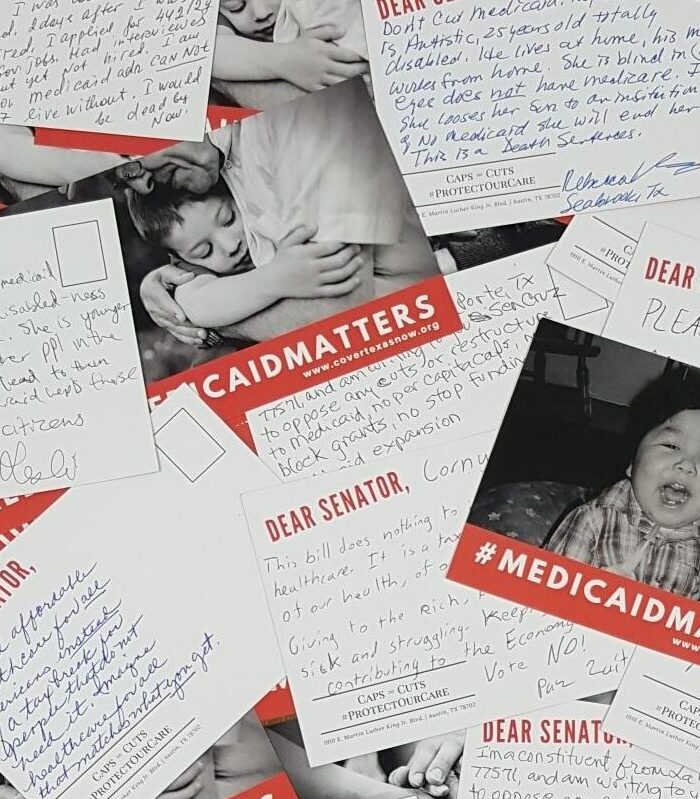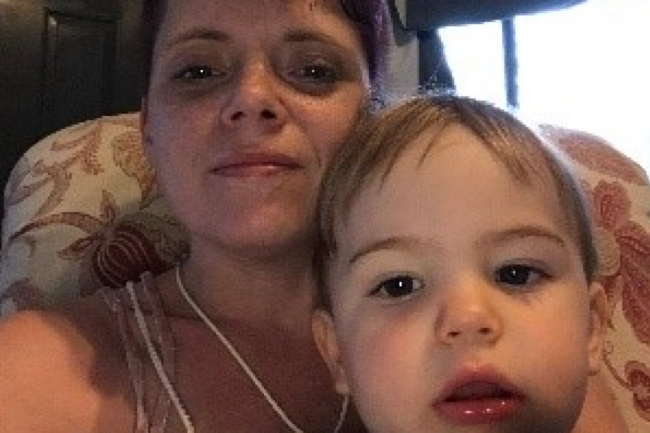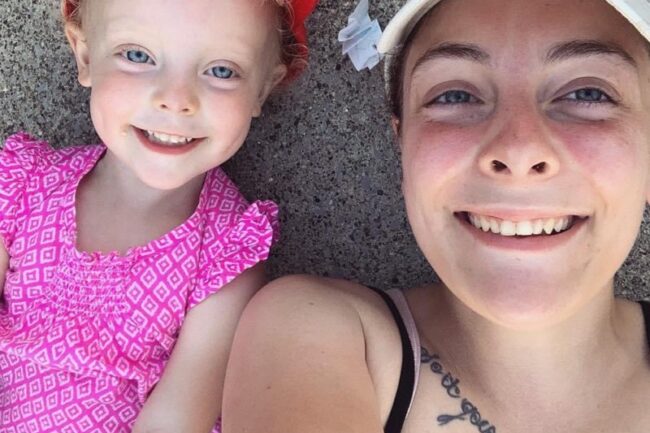Protecting & Expanding Medicaid
Medicaid is a federal and state health care program that serves more than 72 million people, including adults and families with low incomes, people with complex health needs and disabilities, and adults over the age of 65.
The Affordable Care Act (ACA), passed in 2010, required all states to expand Medicaid coverage to adults with incomes up to 138 percent of the Federal Poverty Level (about $19,000 for an individual in 2022). However, the US Supreme Court decided in 2012 that states are not required to expand Medicaid. This makes the expansion of Medicaid coverage a state decision rather than a federal mandate.
Currently, there are 10 states with elected officials who have refused to expand Medicaid. This creates what is known as the Medicaid “coverage gap,” and it refers to people living in non-expansion states with incomes above their state’s eligibility for Medicaid but below poverty — people who are caught between affordable health care and politics.

Closing the Medicaid Coverage Gap
Closing the coverage gap is a fundamental way to help at least 2 million adults gain access to health care. The Together for Medicaid (TFM) project — a partnership between Community Catalyst, the Center on Budget and Policy Priorities and the Georgetown University Center for Children and Families — creates advocacy campaigns with community-based organizations and a dynamic cohort of Medicaid expansion advocates to build demand for Medicaid expansion. TFM centers people most affected by the lack of Medicaid coverage in these efforts.
So far, TFM has helped drive Medicaid expansion in 14 states to bring coverage to nearly 3 million adults in Alaska, Idaho, Louisiana, Maine, Missouri, Montana, New Hampshire, Oklahoma, Pennsylvania, Nebraska, Utah, Virginia, South Dakota and — most recently — North Carolina.
Sharing Real Stories With Policymakers
In addition to our efforts to expand Medicaid, Community Catalyst drives storytelling campaigns to educate policymakers and communities about the importance of the program and protect it against harmful budget cuts and politically motivated attacks.
We do this by providing a platform for people to share their experiences and personal stories about Medicaid — and sharing these stories with key policymakers. We work with state and local partners, including El Centro, the Missouri Rural Crisis Center, Paraquad, LA UNIÓN DEL PUEBLO ENTERO (LUPE), and the North Carolina AIDS Action Network (NCAAN), to engage individuals, families, and communities who have historically been left out of conversations about Medicaid, including people living with HIV, Latinx* people, people with disabilities, and rural communities.
We also partnered with Kentucky Voices for Health, the Tennessee Health Care Campaign, UHCAN Ohio, and West Virginians for Affordable Health Care. Together, we organized across state lines to build leadership in communities around the protection and enhancement of Medicaid in the Appalachian region.
Community Stories
 Brook & Willow
Brook & Willow
A New Baby’s Care: Brook & Willow’s Story
West Virginians for Affordable Health Care | WV
 Danielle
Danielle
Contributing to Her Community: Danielle’s Story
UCHAN Ohio | Ohio
 Hunter
Hunter
Medicaid, A Family Lifeline: Hunter’s Story
West Virginians for Affordable Health Care | WVA